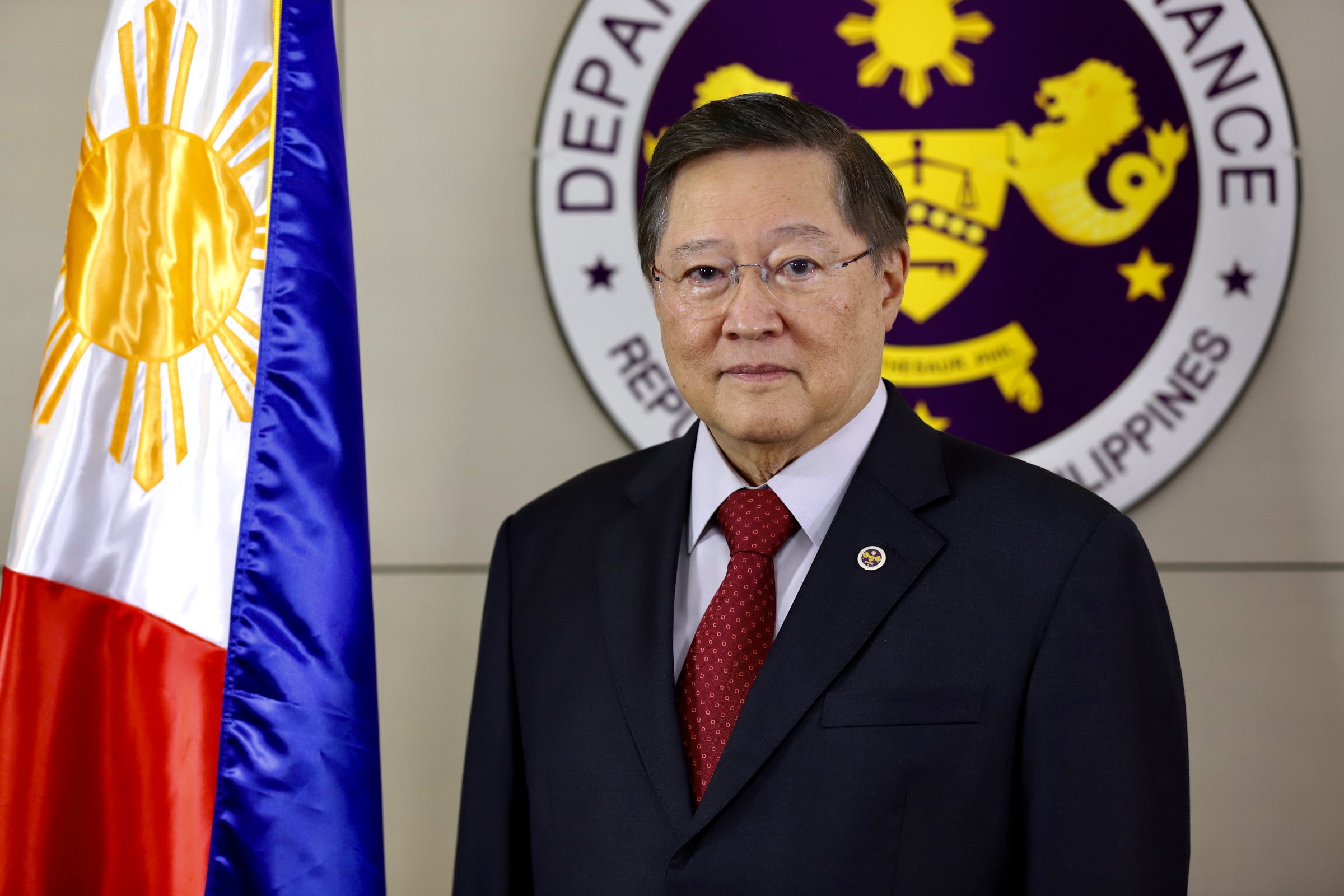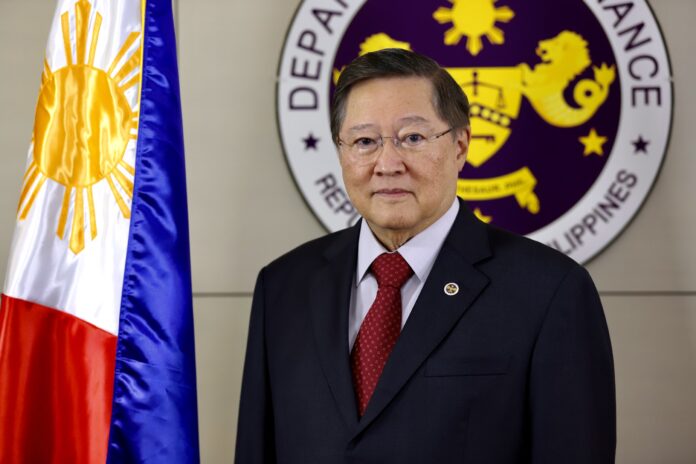
Finance Secretary Carlos G. Dominguez III urged the Asian Development Bank (ADB) to consider substantially expanding its loan portfolio in the next five years to support the recovery of its member-countries from the economic shocks caused by the Covid-19 pandemic.
Dominguez, who is also the governor for the Philippines in the ADB Board, said the ADB being the largest and most experienced development institution in the Asia Pacific region must “assist developing economies to bounce back as fast as the developed countries.”
“However, this cannot be achieved if the bank maintains a ‘business-as-usual’ approach. As I have suggested long before COVID-19 struck, the Asian Development Bank must continue reinventing itself and realigning its programs to meet new realities and to stay relevant amidst the fast-changing landscape,” Dominguez said in response to the query on how the ADB can further support the sustainable recovery of its member-countries.
The country’s finance chief then made the call for the ADB to expand its loan portfolio even if he said this move may entail increasing the multilateral lender’s capital base.
“In order to be responsive to critical needs, the ADB must level up. Specifically, there is a need for the bank to seriously consider a substantial expansion in its loan portfolio in the next five-year period. This will effectively support its member-countries’ recovery even if this brings forward the need for a capital increase,” he added.
The Governors’ Seminar, held virtually late Monday afternoon is part of the series of events leading up to the 54th Annual Meeting of the ADB Board of Governors on Wednesday.
In the same event, Dominguez also pointed out the need for just and equitable distribution of COVID-19 vaccines to include lower-income countries.
“The COVID-19 pandemic had a massive global economic impact. Unfortunately, the response to the crisis has been uneven,” he said.
Developed countries, Dominguez added, have been able to extend much higher levels of financial support to their people and to undertake mass inoculations at a faster pace than the developing economies because of their vast financial resources.
“The Philippines, therefore, supports the strong call for developed countries, multilateral institutions, and global organizations to join forces in ensuring the accessibility of these life-saving doses to lower-income economies,” Dominguez said.
Apart from this, he also pointed out that developed countries must also be assisted in accessing financial resources to boost their healthcare systems, build resiliency against new virus outbreaks, and support the recovery of sectors severely affected by the lingering contagion.
Furthermore, he said economies must also be rebuilt to adjust to the new challenges arising from the pandemic, which involves, among others, accelerating the use of digital technologies and artificial intelligence, and substantially increasing investments in clean and renewable energy to address climate change and ensure the world’s sustainable recovery.
“This crisis is a great opportunity for the ADB to continue to demonstrate that it has indeed become a more responsive, agile, and flexible institution as envisioned in its Strategy 2030,” Dominguez said, referring to the ADB’s long-term corporate strategy which sets the course of the Bank’s efforts to respond effectively to the Asia-Pacific region’s changing needs.
Read full article on BusinessMirror

